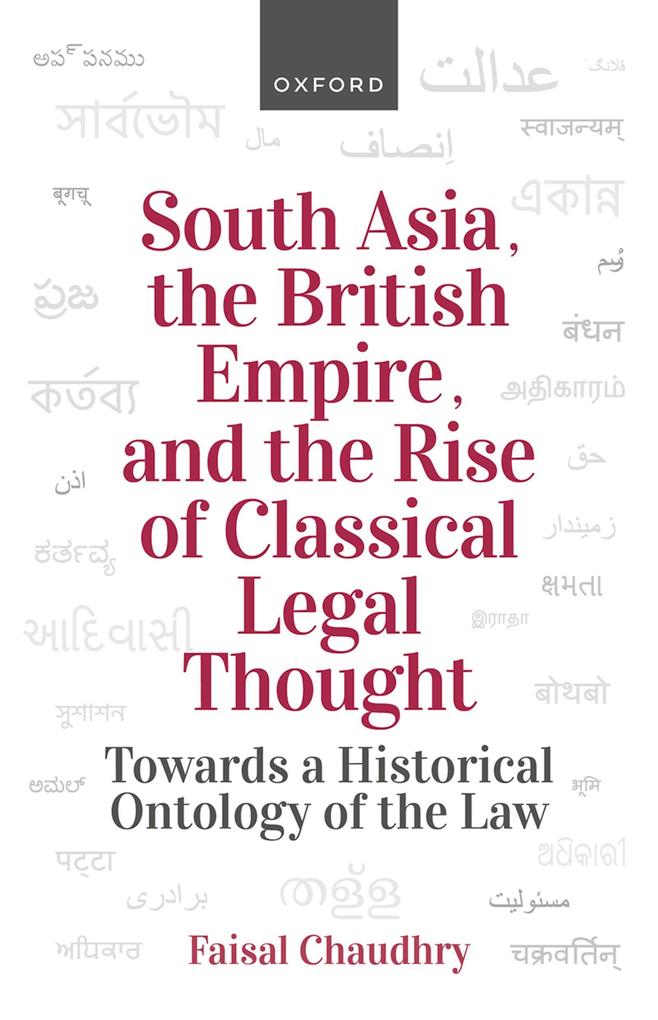
Zustellung: Di, 24.06. - Sa, 28.06.
Versand in 2 Wochen
VersandkostenfreiBestellen & in Filiale abholen:
The book delves into colonial South Asia's legal transformation under the rule of the British Crown, examining shifts in sovereignty, land control, and justice influenced by classical legal thought. It explores two key discourses, doctrinal and ordinary language, shaping the concept of 'the law.'
Inhaltsverzeichnis
- Introduction
- Section One: The Legal History of Colonial Rule in the South Asian Subcontinent and the Ontologization of 'The Law': The Problem and a Proposed Analytical Framework
- 1: The History of British Colonial Rule in South Asia as a History of Legal Development
- 2: Beyond Law and History: Naturalization and its Limits in Jurisprudential Inquiry
- 3: Denaturalizing the Law: Historical Ontology as a Method / A Method for Historical Ontology
- Section Two: Laws and the Land: Property and Revenue in the Discourse of the Company's India from 1757 to 1857
- 4: From Plassey to the Permanent Settlement in the Company's Bengal: Property, Constitution, and a Historical Ontology of the Laws
- 5: Beyond the Permanent Settlement: Property Discourse and Non-Zamindari Revenue Systems
- Section Three: The Law and its Basic Elements: Rights as Realms and the Will of Juridical Persons in the Discourse of Classical Legal Thought in the Crown's India from 1857 to c. 1920
- 6: Crown Rule and the Legalization of Property: Rights as Realms of Proprietary Interest
- 7: The Private and the Public Will in the Indian Contract Act
- 8: From Contract to the Nascent Anthropological Discourse about Status
- 9: The Restitution of Conjugal Rights and the Nature of Marriage: Constituting the Subsystems of the (Religious) Personal Law as a Law of Status
- Conclusion
- Bibliography
Produktdetails
Erscheinungsdatum
16. November 2024
Sprache
englisch
Seitenanzahl
560
Autor/Autorin
Faisal Chaudhry
Verlag/Hersteller
Produktart
gebunden
Gewicht
789 g
Größe (L/B/H)
216/140/30 mm
ISBN
9780198916482
Bewertungen
0 Bewertungen
Es wurden noch keine Bewertungen abgegeben. Schreiben Sie die erste Bewertung zu "South Asia, the British Empire, and the Rise of Classical Legal Thought" und helfen Sie damit anderen bei der Kaufentscheidung.









